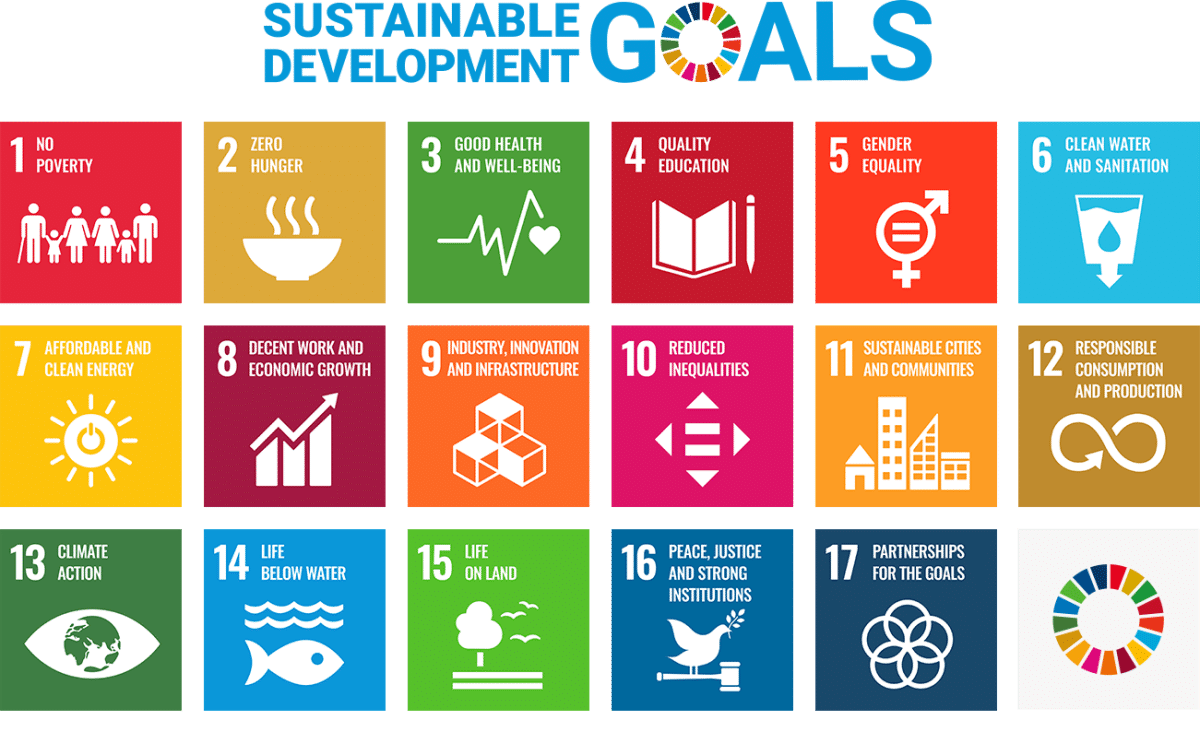
At Eco Clarity, our mission is simple: recover FOG waste that’s already gone down the drain and turn it into something useful.
But that mission doesn’t exist in a vacuum. It aligns closely with the United Nations Sustainable Development Goals (SDGs), a global framework for building a cleaner, fairer and more resilient future by 2030.
While FOG (fats, oils and grease) waste may not make the headlines, managing it properly has real world impacts across multiple SDGs.
Here’s how our work contributes:
🟦 Goal 6: Clean water and sanitation
Ensure availability and sustainable management of water and sanitation for all
FOG waste is a major contributor to sewer blockages, overflows and pollution across the water network.
By recovering FOG at source and preventing it from entering the drainage network, we help protect vital wastewater infrastructure and improve the quality of urban water environments.
Our recovery hubs are designed to keep waste out of sewers, before it becomes problematic.


🟧 Goal 7: Affordable and clean energy
Ensure access to affordable, reliable, sustainable and modern energy for all
The FOG we recover isn’t just waste, it’s feedstock. Once processed, it’s used in the production of renewable, low-carbon fuel.
This directly supports the UK’s biofuel sector and contributes to the transition away from fossil fuels, emitting 87% less carbon into the atmosphere.
By recovering value from waste, we’re helping to make clean energy more accessible, local and circular.
🟨 Goal 9: Industry, innovation and infrastructure
Build resilient infrastructure, promote inclusive and sustainable industrialisation and foster innovation
Our FOG Recovery Hubs are modular, automated and scalable. By designing a circular solution that works with existing waste systems and can be deployed locally, we’re creating practical infrastructure already operating in key UK regions, including Yorkshire and the North West.

Eco Clarity FOG Recovery Hubs are modular, automated and scalable
🟫 Goal 12: Responsible consumption and production
Ensure sustainable consumption and production patterns
FOG waste is often treated as a nuisance, but when managed properly, it becomes part of a circular resource system. Food producers, waste contractors, and commercial kitchens can reduce their environmental impact by ensuring FOG is recovered, not discarded.
Through conversion into low-carbon feedstock and real-time carbon reporting, our approach supports more responsible and measurable waste management practices.


🟩 Goal 13: Climate action
Take urgent action to combat climate change and its impacts
At Eco Clarity, we help combat climate change by recovering FOG waste and converting it into low-carbon feedstock for renewable fuel, cutting emissions by up to 87% compared to fossil fuels.
Our technology enables businesses to reduce their environmental impact and track their carbon savings in real time, supporting practical progress toward net zero goals.
Small-scale waste, big-impact thinking
At first glance, FOG waste might seem like a small issue. But in reality, it’s a major contributor to sewer pollution, infrastructure strain and missed resource potential.
That’s why we’re focused on solving the waste you don’t usually see, with systems that are smart, circular and ready to scale.
We’re proud that our work supports the SDGs, and even prouder that it’s making a measurable difference every day.
Want to know more about how Eco Clarity supports sustainable development in practice?
Get in touch Laura Su
or contact us at enquiries@eco-clarity.com

Recent Comments